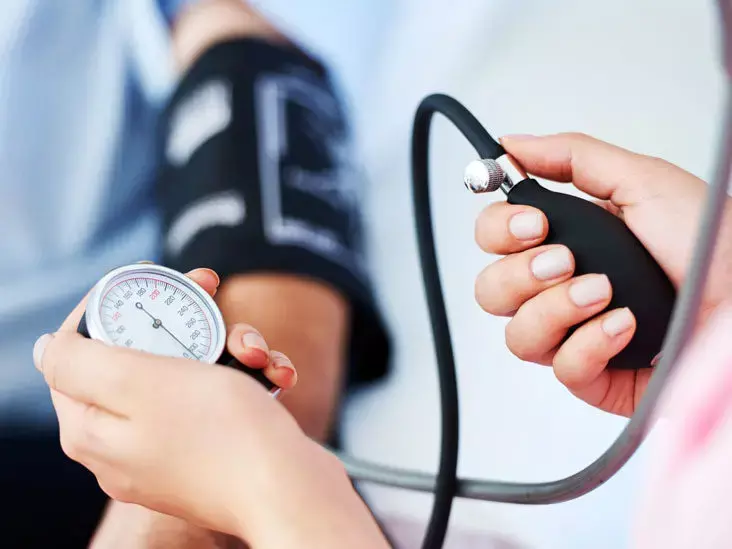- Home
- Medical news & Guidelines
- Anesthesiology
- Cardiology and CTVS
- Critical Care
- Dentistry
- Dermatology
- Diabetes and Endocrinology
- ENT
- Gastroenterology
- Medicine
- Nephrology
- Neurology
- Obstretics-Gynaecology
- Oncology
- Ophthalmology
- Orthopaedics
- Pediatrics-Neonatology
- Psychiatry
- Pulmonology
- Radiology
- Surgery
- Urology
- Laboratory Medicine
- Diet
- Nursing
- Paramedical
- Physiotherapy
- Health news
- Fact Check
- Bone Health Fact Check
- Brain Health Fact Check
- Cancer Related Fact Check
- Child Care Fact Check
- Dental and oral health fact check
- Diabetes and metabolic health fact check
- Diet and Nutrition Fact Check
- Eye and ENT Care Fact Check
- Fitness fact check
- Gut health fact check
- Heart health fact check
- Kidney health fact check
- Medical education fact check
- Men's health fact check
- Respiratory fact check
- Skin and hair care fact check
- Vaccine and Immunization fact check
- Women's health fact check
- AYUSH
- State News
- Andaman and Nicobar Islands
- Andhra Pradesh
- Arunachal Pradesh
- Assam
- Bihar
- Chandigarh
- Chattisgarh
- Dadra and Nagar Haveli
- Daman and Diu
- Delhi
- Goa
- Gujarat
- Haryana
- Himachal Pradesh
- Jammu & Kashmir
- Jharkhand
- Karnataka
- Kerala
- Ladakh
- Lakshadweep
- Madhya Pradesh
- Maharashtra
- Manipur
- Meghalaya
- Mizoram
- Nagaland
- Odisha
- Puducherry
- Punjab
- Rajasthan
- Sikkim
- Tamil Nadu
- Telangana
- Tripura
- Uttar Pradesh
- Uttrakhand
- West Bengal
- Medical Education
- Industry
Lower BP targets show major benefits in elderly- reaffirms STEP trial from China

China: Lowering systolic blood pressure targets down to the 110 to less than 130 mm Hg range substantially reduced cardiovascular adverse events in the STEP randomized trial, affirming the SPRINT findings for an older, Chinese population with hypertension. The study is published in the New England Journal of Medicine.
There is no clarity on the appropriate target for systolic blood pressure to reduce the risk of cardiovascular disease in elderly patients with hypertension. To get some clarity on the topic, Weili Zhang, Chinese Academy of Medical Sciences, China, and colleagues performed a multicenter, randomized, controlled trial (STEP Trial) which included Chines patients 60 to 80 years of age with hypertension. They were assigned to a systolic blood-pressure target of 110 to less than 130 mm Hg (intensive treatment) or a target of 130 to less than 150 mm Hg (standard treatment).
The primary outcome was a composite of stroke, acute coronary syndrome (acute myocardial infarction and hospitalization for unstable angina), acute decompensated heart failure, coronary revascularization, atrial fibrillation, or death from cardiovascular causes.
9624 patients were screened for eligibility, out of which 8511 were enrolled in the trial; 4243 were randomly assigned to the intensive treatment group and 4268 to the standard treatment group.
The research yielded the following findings:
- At 1 year of follow-up, the mean systolic blood pressure was 127.5 mm Hg in the intensive treatment group and 135.3 mm Hg in the standard-treatment group.
- During a median follow-up period of 3.34 years, primary-outcome events occurred in 3.5% of patients in the intensive-treatment group, as compared with 4.6% patients in the standard treatment group (hazard ratio, 0.74).
- The results for most of the individual components of the primary outcome also favored intensive treatment: the hazard ratio for stroke was 0.67, acute coronary syndrome 0.67, acute decompensated heart failure 0.27, coronary revascularization 0.69, atrial fibrillation 0.96, and death from cardiovascular causes 0.72.
- The results for safety and renal outcomes did not differ significantly between the two groups, except for the incidence of hypotension, which was higher in the intensive treatment group.
To sum up, in older hypertension patients, intensive treatment with a systolic blood-pressure target of 110 to less than 130 mm Hg resulted in a lower incidence of cardiovascular events than standard treatment with a target of 130 to less than 150 mm Hg.
Reference:
The study titled, "Trial of Intensive Blood-Pressure Control in Older Patients with Hypertension," is published in the New England Journal of Medicine.
DOI: https://www.nejm.org/doi/full/10.1056/NEJMoa2111437
Dr Kamal Kant Kohli-MBBS, DTCD- a chest specialist with more than 30 years of practice and a flair for writing clinical articles, Dr Kamal Kant Kohli joined Medical Dialogues as a Chief Editor of Medical News. Besides writing articles, as an editor, he proofreads and verifies all the medical content published on Medical Dialogues including those coming from journals, studies,medical conferences,guidelines etc. Email: drkohli@medicaldialogues.in. Contact no. 011-43720751


